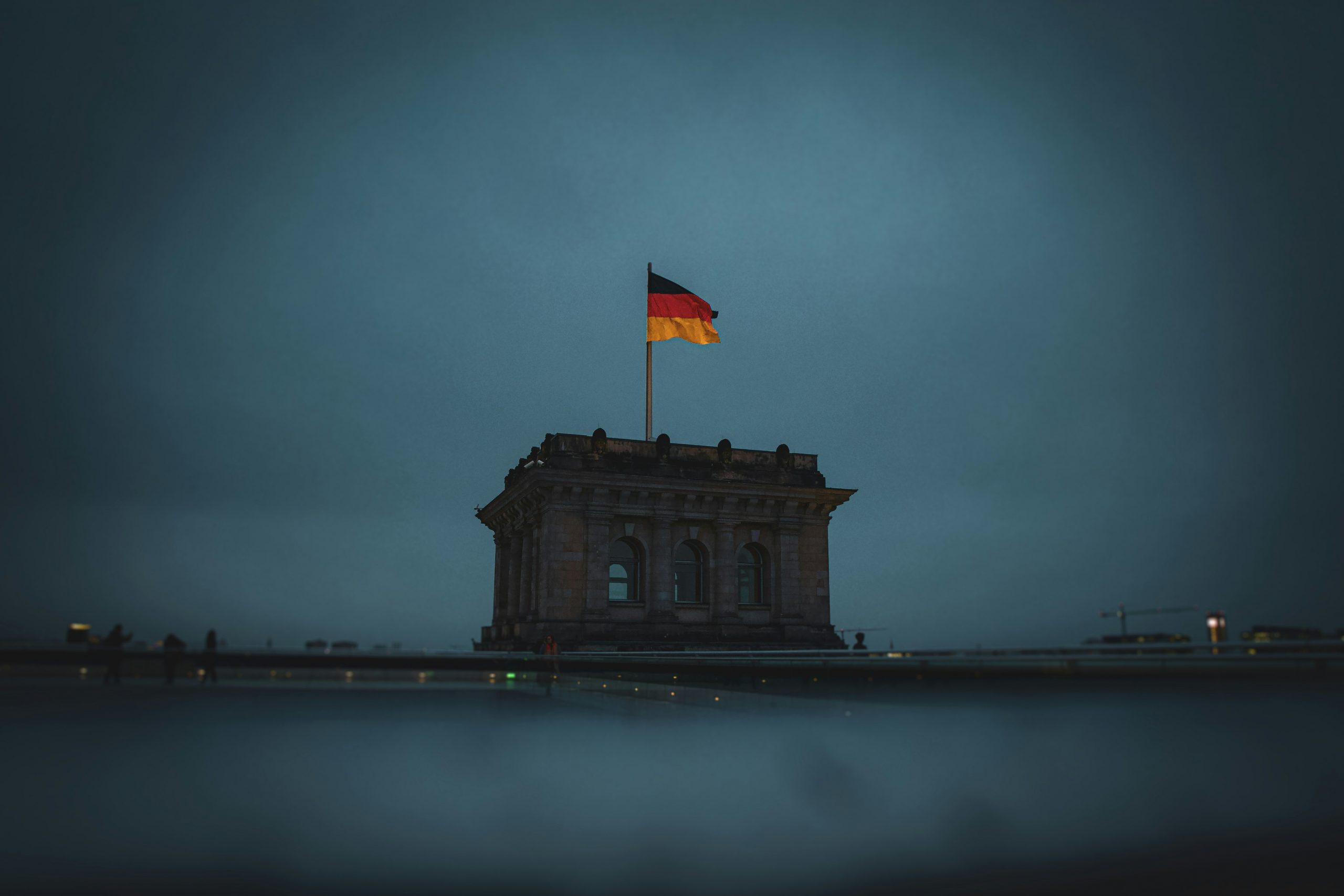A conventional wisdom states that “generals are always prepared to fight the last war”. With very little media attention, the Bundeswehr announced arguably the most significant organisational changes since the end of conscription. This article is going to explore the introduction of the “Mittlere Kräfte” in the context of the changing security environment of the Zeitenwende.
By Justus Pochhammer
Since the first Russian invasion of Ukraine in 2014, the Bundeswehr has experienced a paradigm shift. For the last 30 years, the focus of the Bundeswehr has been on international crisis management with famous missions in Kosovo, Afghanistan and Mali. However, due to the most recent act of Russian aggression against Ukraine in 2022, this focus is returning towards the territorial defence of Germany and its allies. In the recently published German National Security Strategy, it was declared that territorial defence is the main task of the Bundeswehr and Russia its biggest threat. Nevertheless, the Bundeswehr, mirroring the characteristics of many other armed forces, is a vast and complex organisation, which may result in reaction times slower than what is often expected or desired by politicians. The upcoming introduction of a new type of brigade within the Bundeswehr’s ground forces may significantly undermine Germany’s newfound ambitions already.
The “Mittlere Kräfte”
In early 2023, the Bundeswehr announced the introduction of a new type of ground force, referred to as “Mittlere Kräfte“ or medium forces. As the name suggests, the main goal is to create a combined arms formation that strikes a balance between the mobility of light infantry and resilience and firepower of heavy armoured formations. Centred around the wheeled armoured personnel carrier “GTK Boxer”, the medium forces are expected to be quick to mobilise and deploy, serve as first responder in international crises and conduct independent stabilisation operations. As can be seen by this brief description, the medium forces are expected to function as an expeditionary force and is arguably reflective of the challenges of missions conducted under the paradigm of international crisis management. It remains questionable to what extent the medium force will be able to contribute towards the new paradigm of the Bundeswehr of territorial defence against peer opponents.
NATO’s Soft Underbelly
A strong and favourable argument was developed before the medium forces were even officially announced. In the wake of the Madrid NATO summit in 2022, Germany decided to reinforce its commitment to the defence of its eastern allies by keeping ready a brigade for a swift deployment to Lithuania. According to the highest German officer of the Army, General Alfons Mais, the mobility of the upcoming medium forces made it particularly suitable for this commitment, underlining the strengths of the medium forces beyond international crisis management. The Baltic NATO members are especially important for German defence planning due to their vulnerability against Russian aggression. Studies have indicated that there is a certain window of opportunity for Russia to achieve victory in a limited military conflict with NATO. Russia may be able to overwhelm the comparatively small number of NATO-troops within the region through numerical superiority and a distinct armour advantage, a scenario that is strikingly similar to Russia’s attempted “Run on Kyiv” in early 2022. This would force the remaining NATO-members into a dilemma, as they would either have to mount a likely costly counteroffensive or find a political compromise with Russia. From this perspective, having a significant force prepared to deploy to the Baltic States within days is a sound idea as it addresses one of Russia’s key advantages in such a scenario. Unfortunately for the medium forces and due to recent political developments, this argument has become less important. In June 2023, the then new German Minister of Defence Boris Pistorius clarified that the German brigade earmarked for the Baltic States is not going to be stationed in Germany but pre-deployed to Lithuania. This move undermines the need for the key strength of the medium forces, namely its ability to mobilise and deploy quickly. Likely as a result, a high-ranking officer within the Ministry of Defence underlined two months later that the decision regarding the specific type of brigade to be deployed in Lithuania had not yet been made, with the current plan intending to deploy “heavy” rather than medium forces.
Zeitenwende, Quo Vadis?
Even though the new paradigm of the Bundeswehr is going to be territorial defence, it is likely that international crisis management in some form will still be conducted. As such, the Bundeswehr will likely have a need for the specific capabilities the medium forces offer. The problem is whether the medium forces are a prudent investment, given the Bundeswehr’s tight resources. According to recent government sources, the goal is that almost half of the German brigades are going to be reorganised into medium forces eventually. This ties a significant amount of future resources towards a formation that is closely connected to the challenges of international crisis management. Without the operational requirements for the Baltic States, the Bundeswehr has failed to communicate a clear vision about the role of the medium forces within the new paradigm of territorial defence. Thus, the credibility of the German Zeitenwende will depend on whether or not Germany is able to convincingly connect its strategic ambitions with the reorganisation of the Bundeswehr’s ground forces.
The Polis Blog serves as a platform at the disposal of ‘Polis180’s &
‘OpenTTN‘s members.Published comments express solely the ‘authors’ opinions and shall not be confounded with the opinions of the editors or of Polis180.
Image via unsplash.com
Justus Pochhammer studied Political Science and Comparative Politics in Erfurt and Nijmegen. Currently, he is enrolled in the Master’s Program “War and Conflict Studies” at the University of Potsdam. He is mainly interested in defence and security politics and passionate about history and wargames.
Edited by Eva Jager, Lukas Seelig & Noah Heinemann
Zurück
